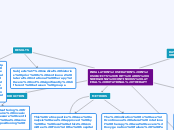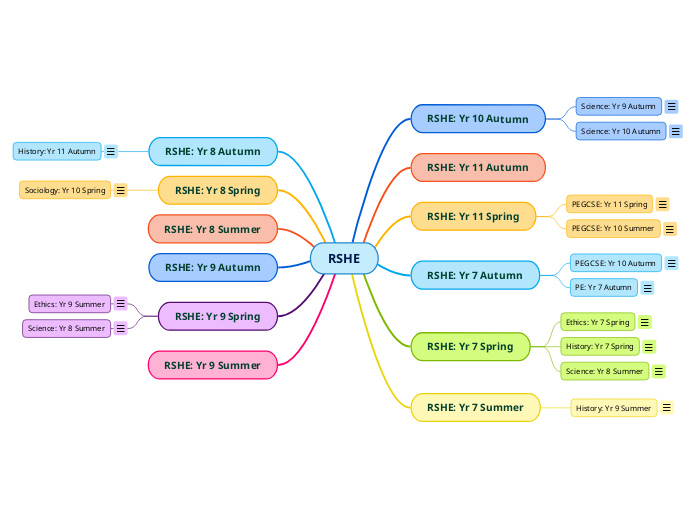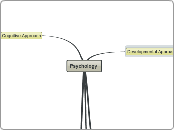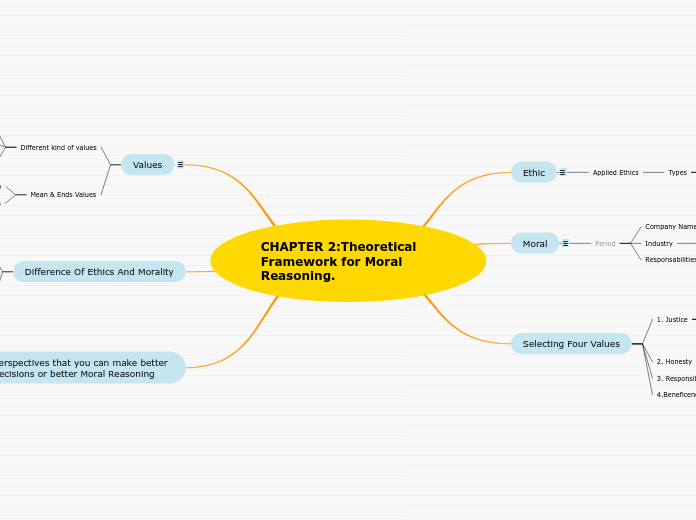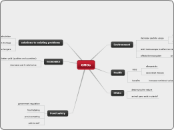realizată de Katerin Grajales 6 ani în urmă
233
INHALATION SEDATION IN SUBJECTS WHIT ARDS UNDERGOING CONTINUOUS LATERAL ROTATIONAL THERAPY
The study investigates the effects of different sedation methods on patients with Acute Respiratory Distress Syndrome (ARDS) undergoing continuous lateral rotational therapy. It compares traditional intravenous sedation using propofol or midazolam with inhalation sedation using isoflurane.
